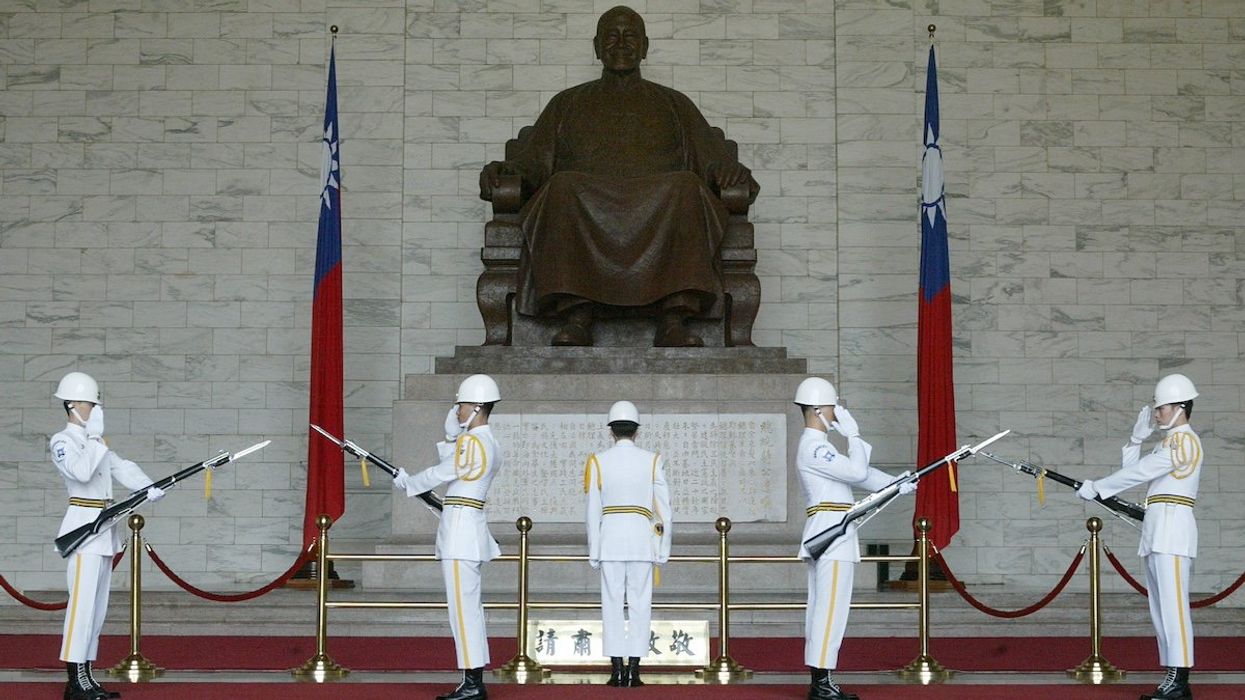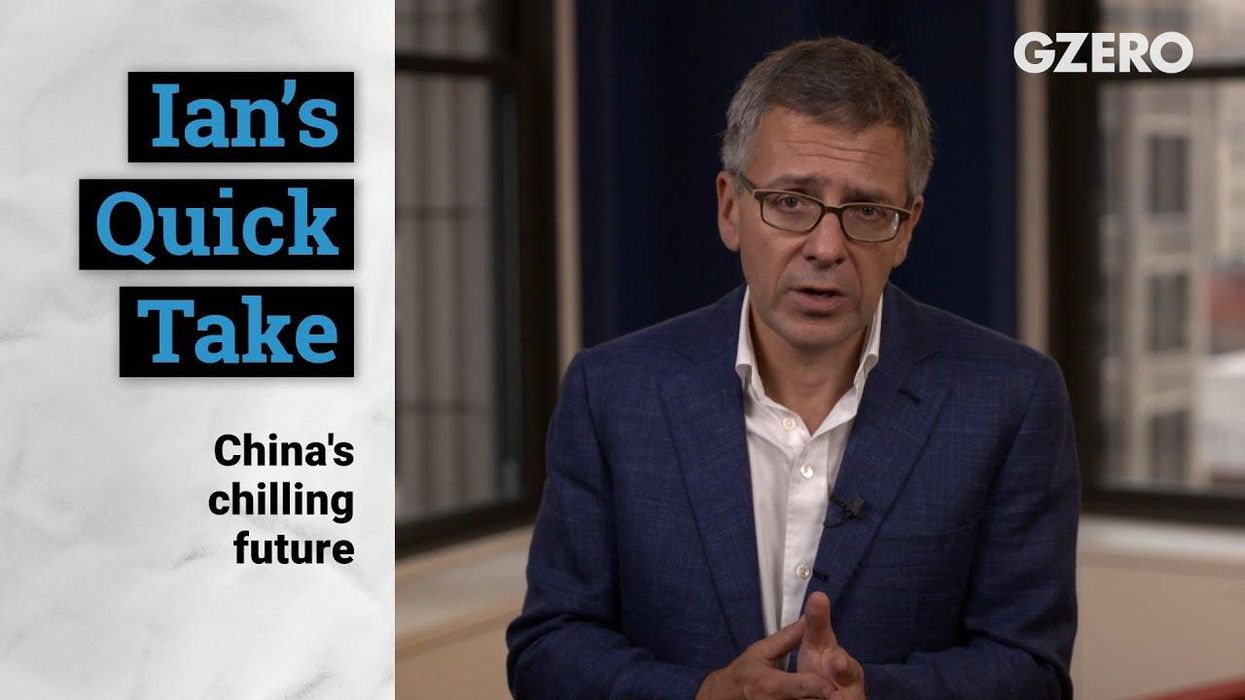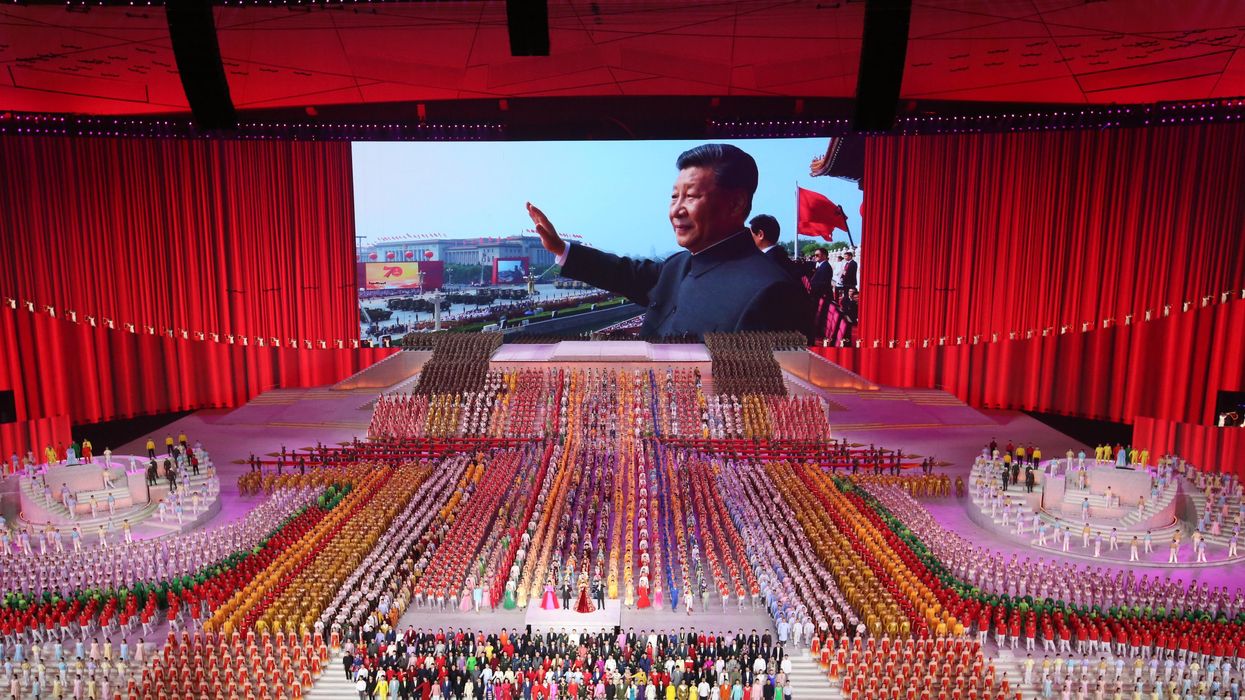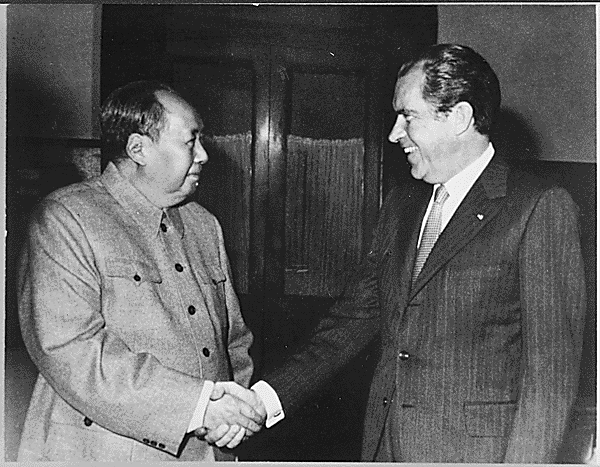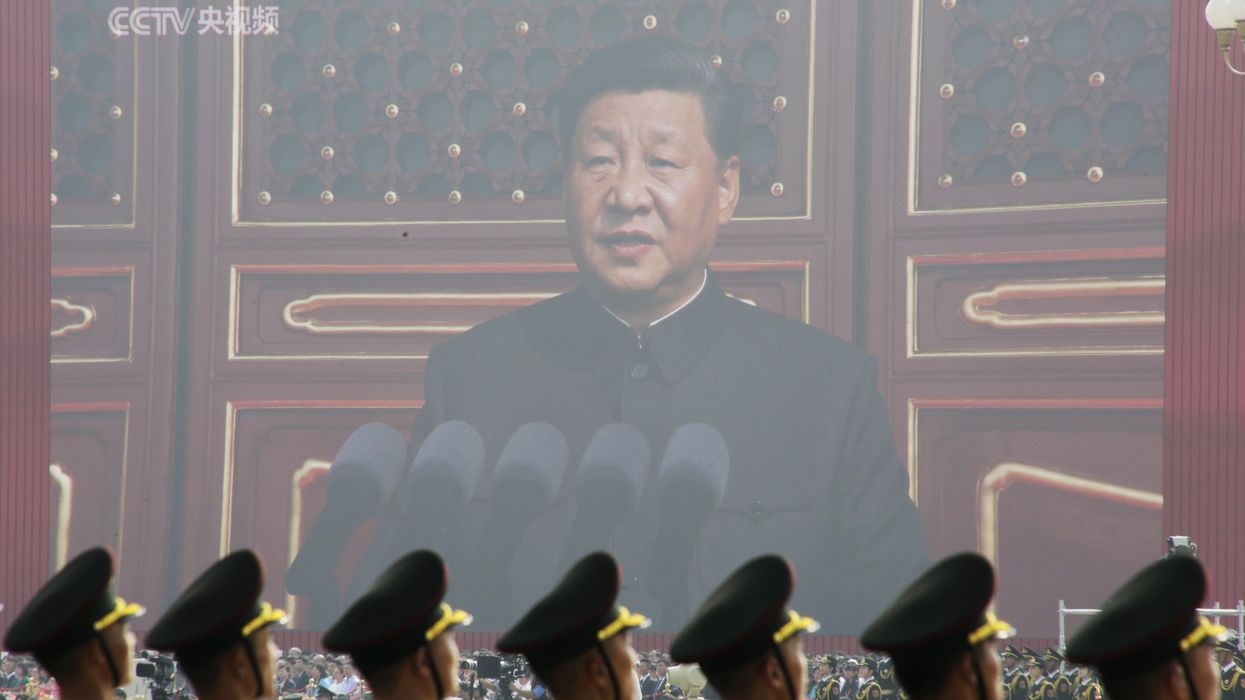Analysis
Why Taiwan struggles to move past Chiang Kai-shek’s legacy
Taiwan’s government has pledged to remove over 700 statues of Chiang Kai-shek, the former leader responsible for Taiwan’s independence and decades of authoritarian rule.
Apr 29, 2024
